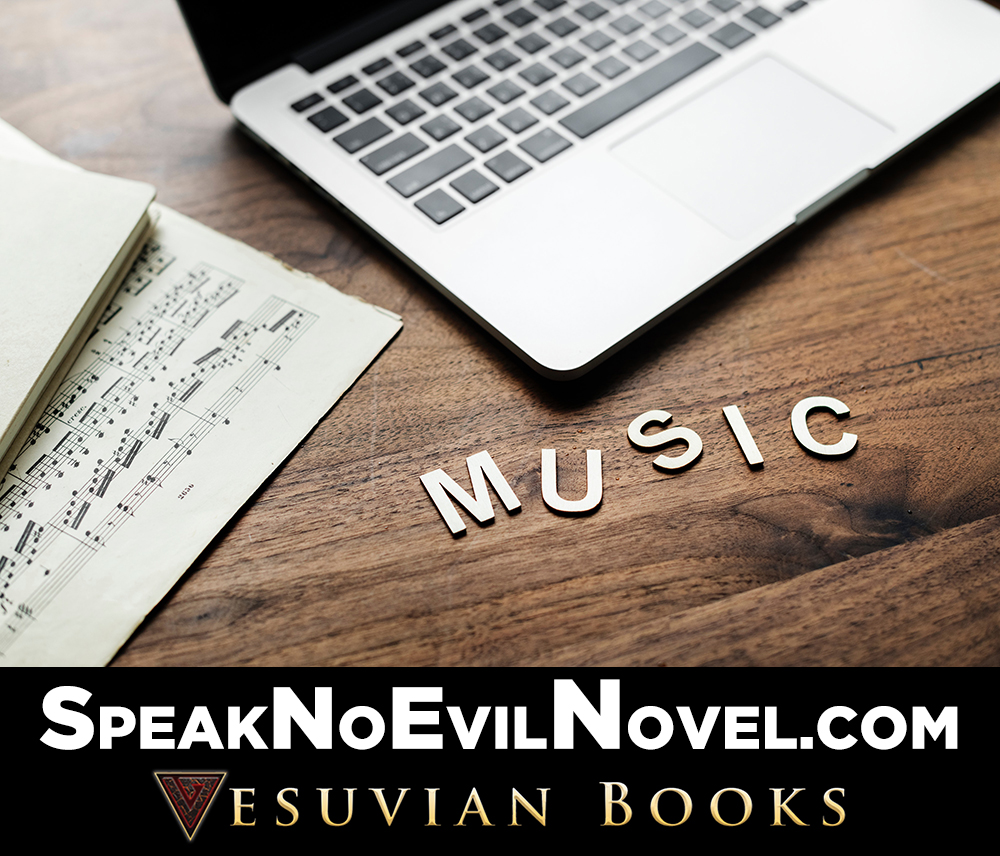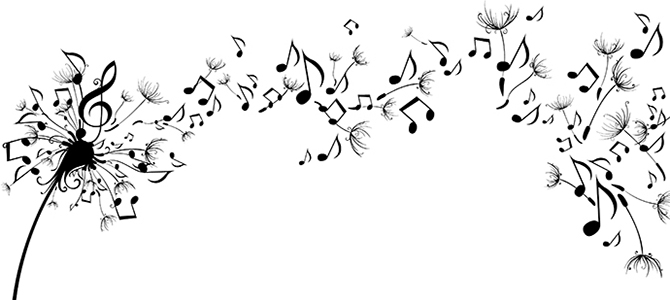Music is a powerful force. It taps deeply into our core and speaks to us on a level without words. It is layered, emotionally evocative, and is woven into our daily lives. If you don’t believe me, try to imagine a world without music of any kind. It’s frankly something I don’t even want to contemplate. Life would be sterile, unnatural.
 When the idea for Speak No Evil came to me, the very first thing I knew was how important music would be in the context of the book. Music has been an integral part of Melody Fisher’s life, from birth onward. Gifted with a talent for singing, Melody first performed in front of her snake-handling church with Mama and Daddy providing the accompaniment.
When the idea for Speak No Evil came to me, the very first thing I knew was how important music would be in the context of the book. Music has been an integral part of Melody Fisher’s life, from birth onward. Gifted with a talent for singing, Melody first performed in front of her snake-handling church with Mama and Daddy providing the accompaniment.
In the seventeenth century, English dramatist William Congreve wrote, “Music has charms to soothe the savage breast, to soften rocks, or bend a knotted oak.” It has the power to distract our mind, calm our rhythms, pump us up, and alter our mood. As a writer I have always used music when writing and editing.
Confession: I am easily distracted until I get fully into the story. Without music I would never hit my writing zone. Once I reach my zone, the wall behind me could fall and I wouldn’t notice … but until I’m there, my mind hares off after every little unexpected sound. So I learned early on that my best method was to put music on that I knew extremely well to occupy the part of my brain that would distract me with other things and it creates an environment where I can sink into the world of my characters and “hear” them without problems.
For Melody, music has become the only thing she feels she can rely on. After suffering several traumas in her life, Melody stops speaking. While physically capable of doing so, she is unable to express her thoughts and feelings, a condition called selective mutism. When the book opens, she hasn’t spoken, or communicated in any fashion, to anyone for more than two years. But now she’s in a situation where she must find her voice, and her therapist, Dr. Kane, uses music to help her find her way.
I recently ran across the below Ted Talk put on by Esha Alwani, who suffers from Tourette’s, about how she uses music to regain control over her symptoms. I found it fascinating and what she has to say rang so true with me in how I use music to help in my writing process. It’s well worth a listen.
Pre-order Speak No Evil in Hardcover or Paperback.


2 Comments on “Speak No Evil: Music Therapy”
I write with mood music too
I find your contribution to be amazingly educational and entertaining. You are wonderful writer, an inspiration to adults as well as young adults and children. Keep up the good work.